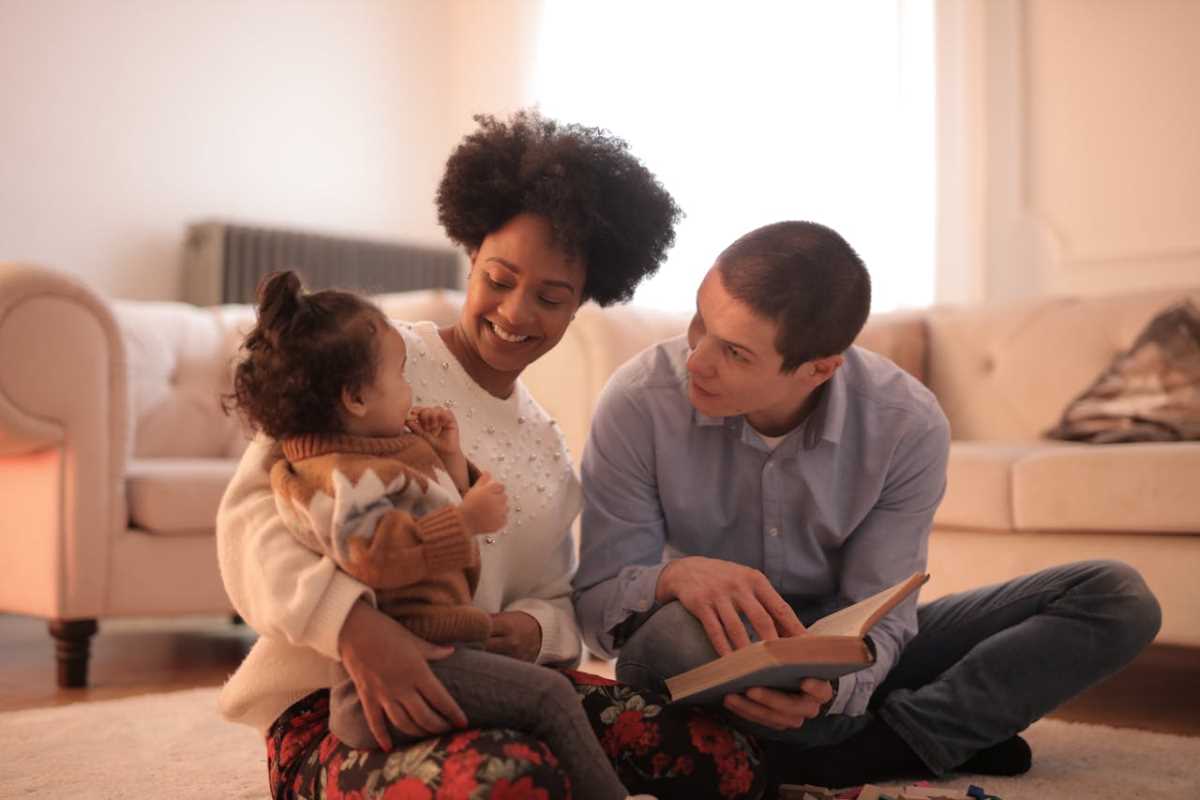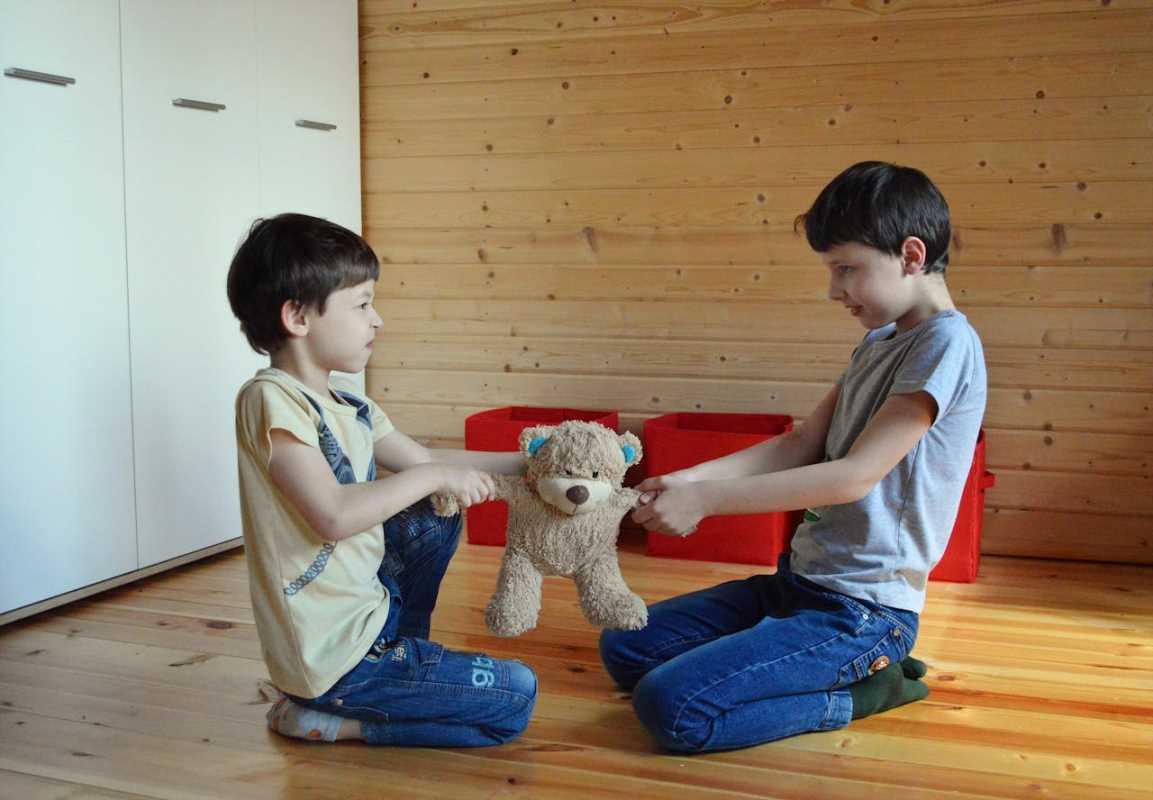Apologies hold significant power in shaping healthy family relationships. Misunderstandings and conflicts are inevitable in any household. Words spoken out of anger or actions taken without consideration can hurt, leading to tension between family members. While conflicts are normal, the way they are managed makes all the difference. Apologizing is more than just saying "I'm sorry." It involves recognizing hurt caused, expressing remorse, and taking steps to mend the relationship. Families that master the art of apology build stronger connections marked by trust and understanding.
Why Apologizing Is Essential in Family Dynamics
Every family member plays a role in maintaining harmony within the household. Genuine apologies help re-establish connections that may have been strained by hurt feelings or misunderstandings. Without them, resentment can build, leading to long-term damage in relationships.
For many, apologizing isn’t an easy task. Pride, shame, or the fear of rejection can stand in the way. However, families thrive on emotional safety. Openly acknowledging mistakes shows respect and empathy and signals a willingness to prioritize the relationship over personal ego. Children, for example, learn by observing adults. Offering an honest apology teaches them to take accountability for their actions, setting a foundation for healthier interactions as they grow.
Steps to a Meaningful Apology
Delivering a meaningful apology doesn’t come down to a one-size-fits-all approach. However, these elements are essential for an effective and genuine expression of remorse:
- Take Responsibility: Denial or justification often makes things worse. Acknowledge your actions or words without shifting blame. For example, instead of saying, “I’m sorry you feel that way,” say, “I hurt you, and I shouldn’t have done that.” Ownership of actions shows maturity and respect.
- Express Genuine Regret: Words alone cannot repair hurt feelings. Show sincerity in your apology by explaining why you regret your behavior. A heartfelt, “I regret losing my temper, it wasn’t fair to you,” demonstrates self-awareness and empathy.
- Identify the Impact of Your Actions: Take time to understand how your behavior affected the other person. Acknowledging their feelings validates their experience. Phrases such as, “I realize that my actions embarrassed you, and I hate that I caused that,” help bridge the emotional gap.
- Outline a Plan to Improve: Commit to doing better in the future. Promises to change carry weight when backed up by specific actions. For example, saying, “I will work on speaking calmly instead of raising my voice,” shows accountability and a proactive mindset.
- Follow Through: A repeated pattern of hurt and apology loses its effectiveness if no changes are made. Consistency is key in rebuilding trust, so follow through on the commitments made during your apology.
Building a Culture of Forgiveness at Home
Fostering forgiveness within families doesn’t mean ignoring harmful behavior or excusing repeated mistakes. Instead, it means creating an environment where every member feels valued and safe enough to admit their missteps. Here are practical ways to encourage forgiveness at home:
- Model Vulnerability and Accountability
Parents and caregivers set the tone for family dynamics. Taking responsibility for mistakes—even in front of children—teaches humility. A parent who says, “I was wrong not to listen to you earlier, and I’m sorry,” sets a powerful example of repair and respect.
- Keep Communication Open
Honest conversations help avoid assumptions and misunderstandings. When a conflict arises, encourage family members to express how they feel. This not only uncovers the root of the issue but also creates opportunities for deeper connection.
- Refrain from Holding Grudges
Holding on to resentment creates ongoing stress and division. Encourage forgiveness by emphasizing the importance of moving forward together. Phrases like, “I forgive you because I value our relationship,” pave the way for growth.
- Create Rituals Around Reconnection
Families benefit from proactive steps to strengthen relationships after a conflict. Small rituals such as family meetings, shared meals, or collaborative activities like games can help repair bonds over time.
- Celebrate Apologies and Forgiveness
Recognize the courage it takes to apologize and forgive. A simple acknowledgment, like saying, “It means a lot that you owned up to your mistake,” reinforces positive behavior and motivates others to do the same.
Strengthening Bonds Through Understanding
Every family will face moments of tension and disagreement. The ability to say “I was wrong” and rebuild bridges of trust is what separates a fractured relationship from a resilient one. Thoughtful apologies backed by meaningful actions nurture empathy and understanding within households.
Apologies don’t erase mistakes, but they allow room for healing and growth. When families prioritize forgiveness and respect, members feel safer being open about their feelings. Over time, this cultivates a deeply rooted sense of connection that remains steadfast even through rough patches.
 (Image via
(Image via





